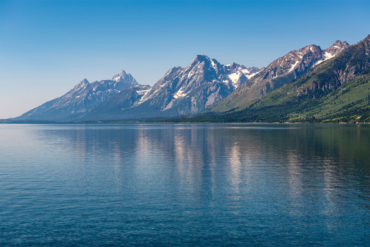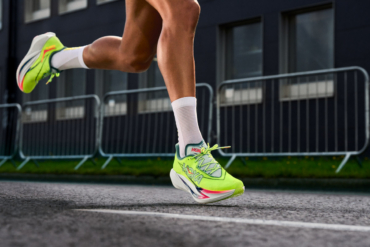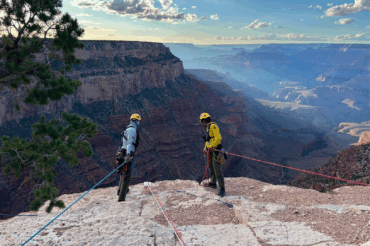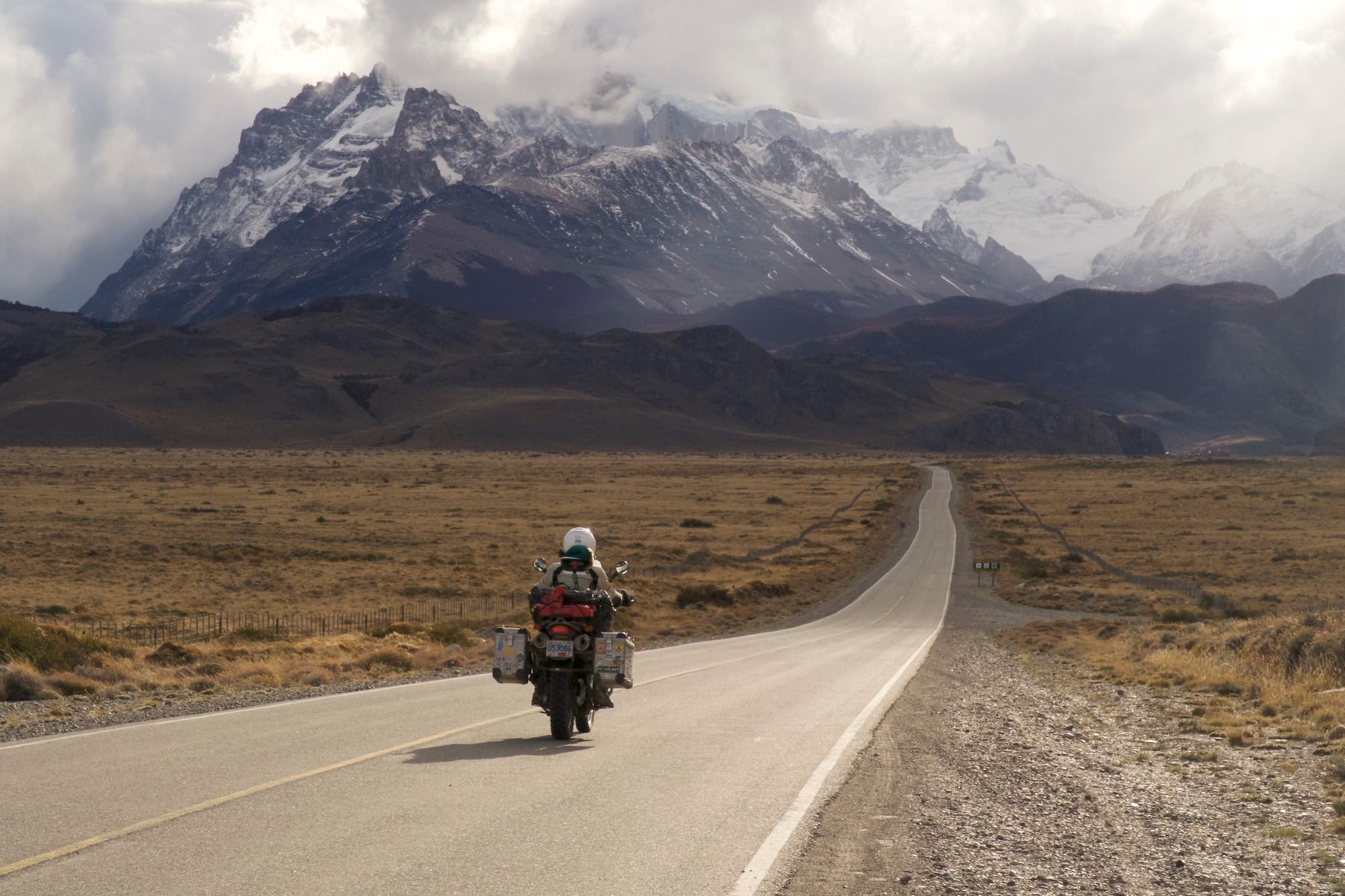Columbia Sportswear, Trek Bikes, and hundreds of brands across numerous industries descended on Washington, D.C., to warn against a final round of impending tariff hikes.
Entering the final day of weeklong testimony hearings today, representatives in the U.S. capital found themselves inundated by a coalition of brands united against President Trump’s threat to increase tariffs on Chinese goods. At risk, the brands say, are the health and growth of U.S. retail, American innovation and jobs, and consumers’ access to affordable products.
And helping lead the charge are some of the biggest names in the outdoor and bike industries — companies that often compete for consumer dollars. But Trek, Specialized, Columbia, VF Corp, and others now stand together to warn against a final round of tariffs that impact some $300 billion in Chinese imports.
These “List 4” tariffs would stand atop the previous three rounds of tariffs that now affect some $250 billion in goods coming into the country. And they would include goods like bike helmets and lights previously exempted from tariffs for safety reasons. For its part, the Trump Administration says its strategy of an escalating trade war will force manufacturers to move jobs back to the U.S. and prevent intellectual property infringement by Chinese companies.
“People haven’t used tariffs, but tariffs are a beautiful thing when you are the piggy bank, when you have all the money,” Trump told CNBC this month. “The China deal is going to work out. You know why? Because of tariffs. Because right now China is getting absolutely decimated by countries that are leaving China, going to other countries, including our own.”
But hundreds of business leaders and thousands of public commenters disagree. Here’s a look at the outdoor industry’s opposition to the president’s plan.
Outdoor Brands Denounce Trump Tariffs
According to a study commissioned by the National Retail Federation, American consumers would wind up paying an additional $7 billion a year for apparel and footwear alone if Trump imposes the final round of tariffs. That figure does not include bicycles and other gear, much of which has already been hit.
For the outdoor industry alone, the latest tariffs could have a vastly greater impact than those already in place. At this year’s Outdoor Retailer, the Outdoor Industry Association revealed an economic impact report that showed tariffs have already hit Americans’ pocketbooks. From September 2018, when the tariffs went into effect, to April 2019, consumers and businesses paid an additional $1.1 billion for outdoor goods (camp stoves, backpacks, bikes, etc.).
And according to the report, the new tariffs could cost the outdoor industry an additional $1.5 billion — every month.
What’s more, a USA TODAY/Suffolk University Poll of registered voters across the country found that nearly half expect tariffs to “harm the economy in their state.” Meanwhile, only 19 percent expect tariffs to help.
And among the retail leaders who spoke at the capital, the consensus was just as strong.
Patrick Fox, Senior Director of Customs and Trade Strategy at VF Corporation (Vans, The North Face, JanSport, Timberland, Dickies, Altra, Smartwool)
“Today’s supply chains are integrated around the world and the ‘made-in’ label on any shoe or garment fails to consider the value of U.S. designers, engineers, artists, logisticians, accountants and many other professionals who endeavor every day to bring products to market profitably. The result is that supply chains are highly complex and incredibly important to supporting jobs in the U.S. Imposing tariffs to punish the originating country also damages U.S. supply chains and puts these American jobs at risk.”
Matt Moore, General Counsel at QBP (Surly, Salsa, 45NRTH, All City, Civia)
“The bicycle industry has unfortunately been impacted by every skirmish in these ongoing trade wars … We are just seeing the tip of an economic iceberg that threatens to sink our industry before we can react and find new sources. High tariffs on safety products like helmets and lights are just unconscionable. And the proposed tariff on kids’ balance bikes is a knife to the heart of the bike industry because it not only affects current sales, but more importantly, our future cyclists. Ultimately America’s retailers and consumers will pay these tariffs through higher wholesale and retail prices that the industry has no choice but to pass along.”
David French, Senior Vice President of Government Relations at National Retail Federation
“We support efforts to achieve better trade deals, but American consumers shouldn’t be caught in the crosshairs … It would be impossible for all market participants in our industry to simultaneously move sourcing to other countries. The capacity does not exist … In the short term, retailers would be forced to continue to use Chinese suppliers and pass on higher costs to their customers — just in time for the holiday shopping season.”
Katie Tangman, Director of Global Customs and Trade at Columbia Sportswear
“The products that we continue to manufacture in China are highly specialized and tied to significant investments that we have made in tooling, machinery and personnel training. We also own and operate a wholly owned subsidiary in China, which is one of our largest foreign markets with more than 700 retail locations throughout the country. Having local production helps us remain competitive in the local China market, which in turn supports U.S. based innovation jobs … Reducing investment to pay millions of dollars in extra tariffs and to move production will seriously hinder our ability to continue to grow and create more U.S. jobs. At a time of rapid retail change, we simply cannot afford to slow our investments due to these punitive tariffs.”
Patricia Rojas-Ungar, Vice President of Government Affairs for the Outdoor Industry Association
“Tariffs on products vital to America’s outdoor recreation economy, which supports 7.6 million American jobs, are sapping the strength of one of our nation’s most important industries. These are significant taxes on an industry that fuels economic growth and healthy communities across America. To date, these tariffs have caused so much unpredictability for outdoor companies that many have had to slow or cancel job-creating investments and have resulted in higher costs for businesses in every corner of the country.”
To see all the public comments and testimony hearings, visit the U.S. Trade Representative comments page here.







